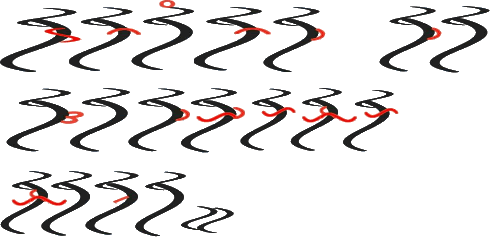Podcast: Play in new window | Download
In this Adventure we getting all trivial and petty and looking into the origins of the word quibble.

Quibble [ˈkwɪbəl] means:
- A pun (rare. from 17th century)
- An objection or argument based on an ambiguity of wording or similar trivial circumstance; a minor complaint.
- To complain or argue in a trivial or petty manner.
- To contest, especially some trivial issue in a petty manner.
It comes from quib (a quip or gibe), probably from Latin quibus (in what respect, how?), which appeared frequently in legal documents and came to be suggestive of the verbosity and petty argumentation found therein. [source].
Quibus comes from quī/quis (who, that, which, any), from Proto-Italic *kʷoi (who, what), from Proto-Indo-European *kʷós/*kʷís (who, what, which, that) [source].
Words from the same roots include what, who, why, when, which, how in English, and similar question words in other Indo-European languages [source].
Incidentally, the word quip (a smart, sarcastic turn or jest; a taunt; a severe retort or comeback) possibly comes from Latin quippe (indeed, since, after all, why), from quid (what, why, well), from PIE *kʷid, a form of kʷís (who, what, which) [source].
Here’s a video I made of this information:
Video made with Doodly [afflilate link].
I also write about words, etymology and other language-related topics on the Omniglot Blog, and I explore etymological connections between Celtic languages on the Celtiadur.
You can also listen to this podcast on: Apple Podcasts, Amazon Music, Stitcher, TuneIn, Podchaser, PlayerFM or podtail.
If you would like to support this podcast, you can make a donation via PayPal or Patreon, or contribute to Omniglot in other ways.















